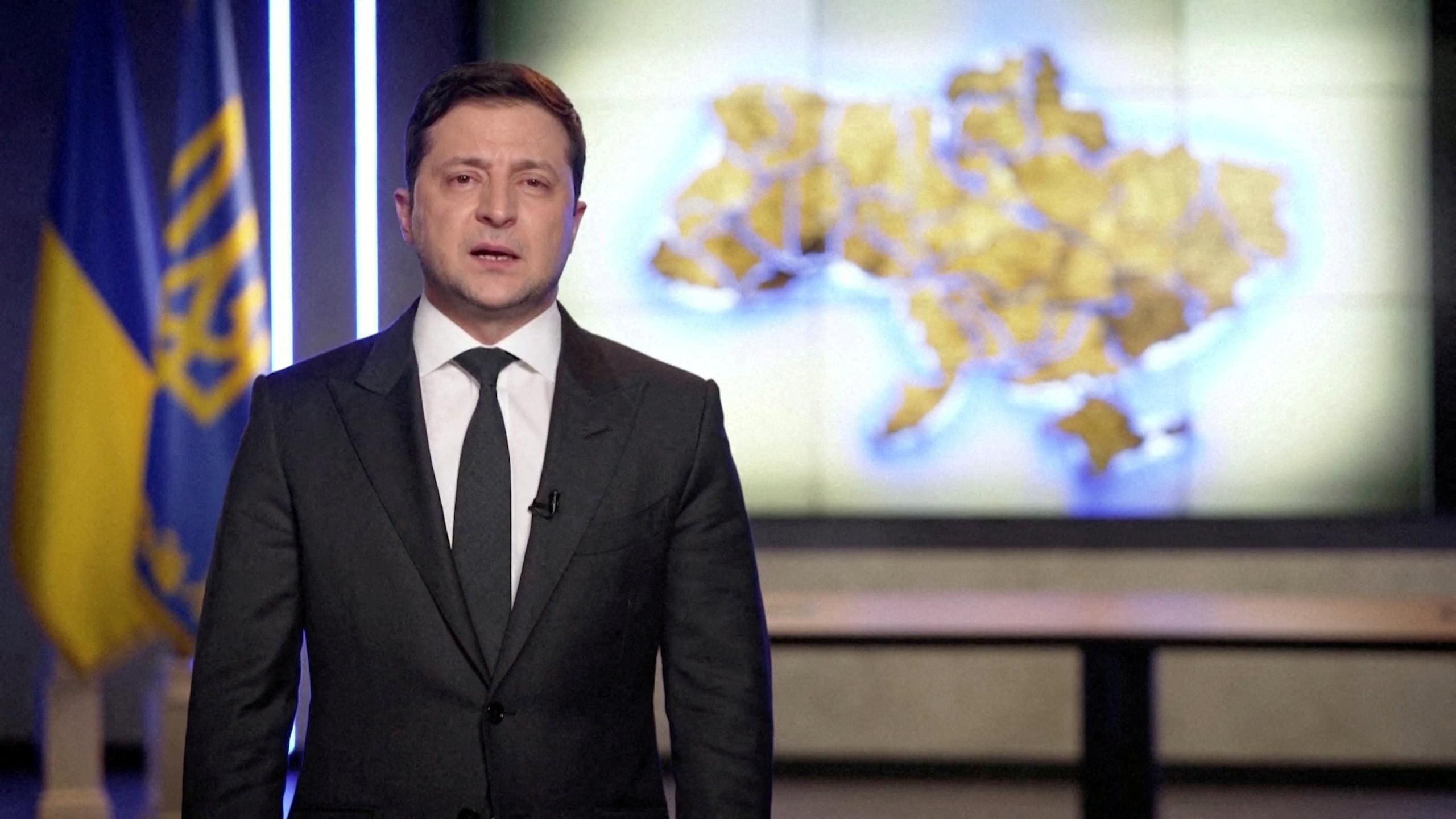Zelensky staying as EU, US, Canada set to sanction Putin. As Russian forces entered the Ukrainian capital of Kyiv on Friday, the US, Canada, and the EU said they would freeze the assets of Russian President Vladimir Putin and his foreign minister, Sergey Lavrov. British Prime Minister Boris Johnson had earlier announced a similar move. Though most analysts say that Putin has used fronts to shield his personal wealth from measures like this, the move marks a significant symbolic escalation and further isolates the Kremlin from the international community. Meanwhile, Ukrainian President Volodymyr Zelensky says that he will remain in the country, despite reports that he and his family are on the Kremlin’s “kill list.” Reports of de-escalation talks in Minsk appear to be dead in the water as Moscow continues to pummel major Ukrainian cities, and as officials in Ukraine tell residents to take up arms and “prepare Molotov cocktails.” Meanwhile, on Friday evening, the UN Security Council voted on a resolution condemning Russia's military offensive in Ukraine, with China and India abstaining. China's vote is seen as helpful in further isolating Russia.
Judicial history in the making. Judge Ketanji Brown Jackson was nominated to the US Supreme Court by President Joe Biden on Friday. If confirmed, Jackson would become the first Black female justice on the nation’s highest court. "I believe it's time that we have a court that reflects the full talents and greatness of our nation with a nominee of extraordinary qualifications,” Biden said of Jackson, who currently sits on the U.S. Court of Appeals for the D.C. Circuit. She has worked as a commissioner on the US Sentencing Commission, a private lawyer, on two federal courts and as an assistant federal defender. Nominated to replace the retiring Justice Stephen Breyer, for whom she once clerked, Jackson begins meeting with legislators on the Hill next week, and confirmation hearings should begin within weeks. Should she secure the role, the ideological makeup of the court — with 6 conservatives and 3 liberals — will remain the same. Republican Sen. Lindsey Graham was quick to label the pick a win for the “radical left,” and most Republican senators are expected to oppose Jackson’s confirmation. Democrats would prefer bipartisan support, which adds credibility to the court, but they can confirm her without a single GOP vote so long as all 50 Democratic senators vote in favor of Jackson.
More For You
At the 62nd Munich Security Conference in Munich, GZERO’s Tony Maciulis spoke with Benedikt Franke, Vice Chairman and CEO of the Munich Security Conference, to discuss whether the post-1945 global order is under strain or already unraveling.
Most Popular
Zelensky agrees: elections matter #PUPPETREGIME
As more small businesses move sales, payments, and customer relationships online, they unlock new opportunities, but they also become easier targets for cyber-criminals and other threat actors.
When Japanese Prime Minister Sanae Takaichi called snap elections last month, it was a big gamble. Holding a winter election just four months into her tenure with no real policy record to run on?
